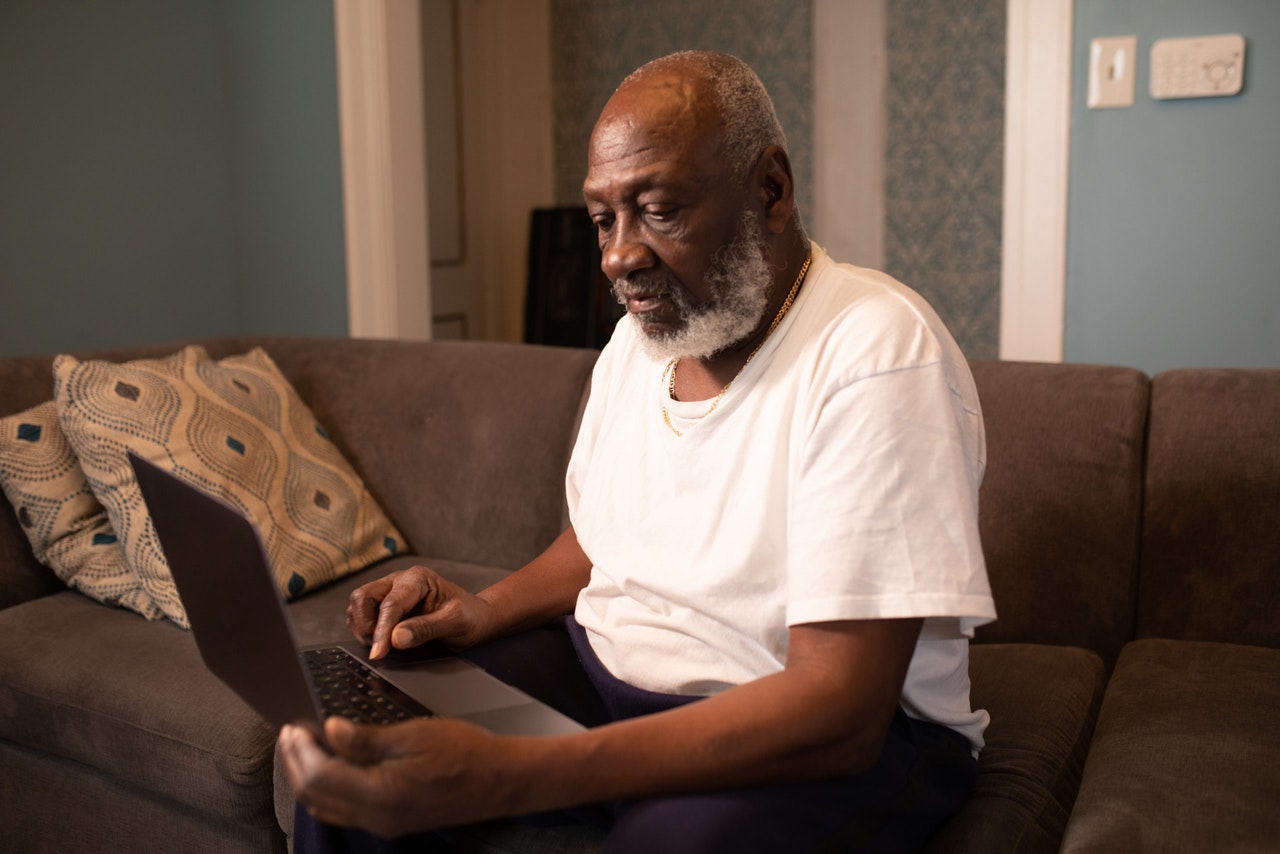8.1 Chapter Overview
Yvonne M. Smith, LCSW
8.1.1 Standard 26 from “Ethical Standards for Human Services Professionals”
What does it mean to be elderly? Some define it as an issue of physical health, while others simply define it by chronological age. The U.S. government, for example, typically classifies people aged 65 years old as elderly, at which point citizens are eligible for federal benefits such as Social Security and Medicare. However, there have been other more recent methods of looking at the aging population in terms of how much life expectancy the population has remaining (United Nations, 2020).
An interest in aging led to the development of the interdisciplinary field of study known as gerontology. Gerontology not only includes the physical aspects of aging (the medical field focused on aging is called geriatrics), but psychosocial, economic, spiritual and other factors as well.
In this chapter we discuss the various concerns facing older adults and their families, as well as the services available to assist them, using a gerontological perspective.

Figure 8.1. Older adults represent a wide range of ages, backgrounds, and abilities.
8.1.2 References
National Organization for Human Services. (2015). Ethical standards for human services professionals. https://www.nationalhumanservices.org/ethical-standards-for-hs-professionals
United Nations. (2020). World population ageing 2019 (ST/ESA/SER.A/444). Department of Economic and Social Affairs, https://www.un.org/en/development/desa/population/publications/pdf/ageing/WorldPopulationAgeing2019-Report.pdf
8.1.3 Licenses and Attributions for Chapter Overview
“Chapter Overview” by Yvonne M. Smith LCSW is adapted from “Who Are the Elderly? Aging in Society” in Introduction to Sociology 2e by Tonja R. Conerly, Kathleen Holmes, Asha Lal Tamang, OpenStax. License: Creative Commons Attribution-NonCommercial 4.0.
Figure 8.1 Photo by Nappy is in the Public domain.
